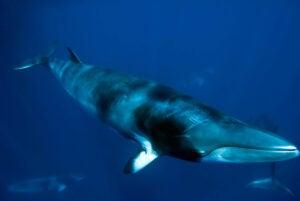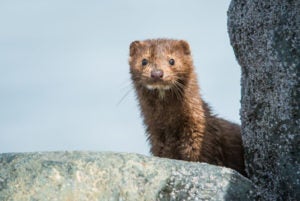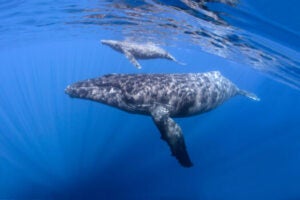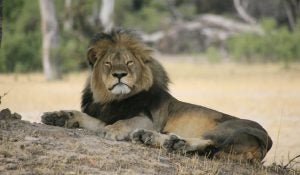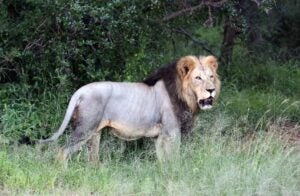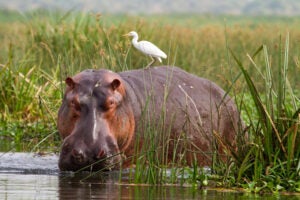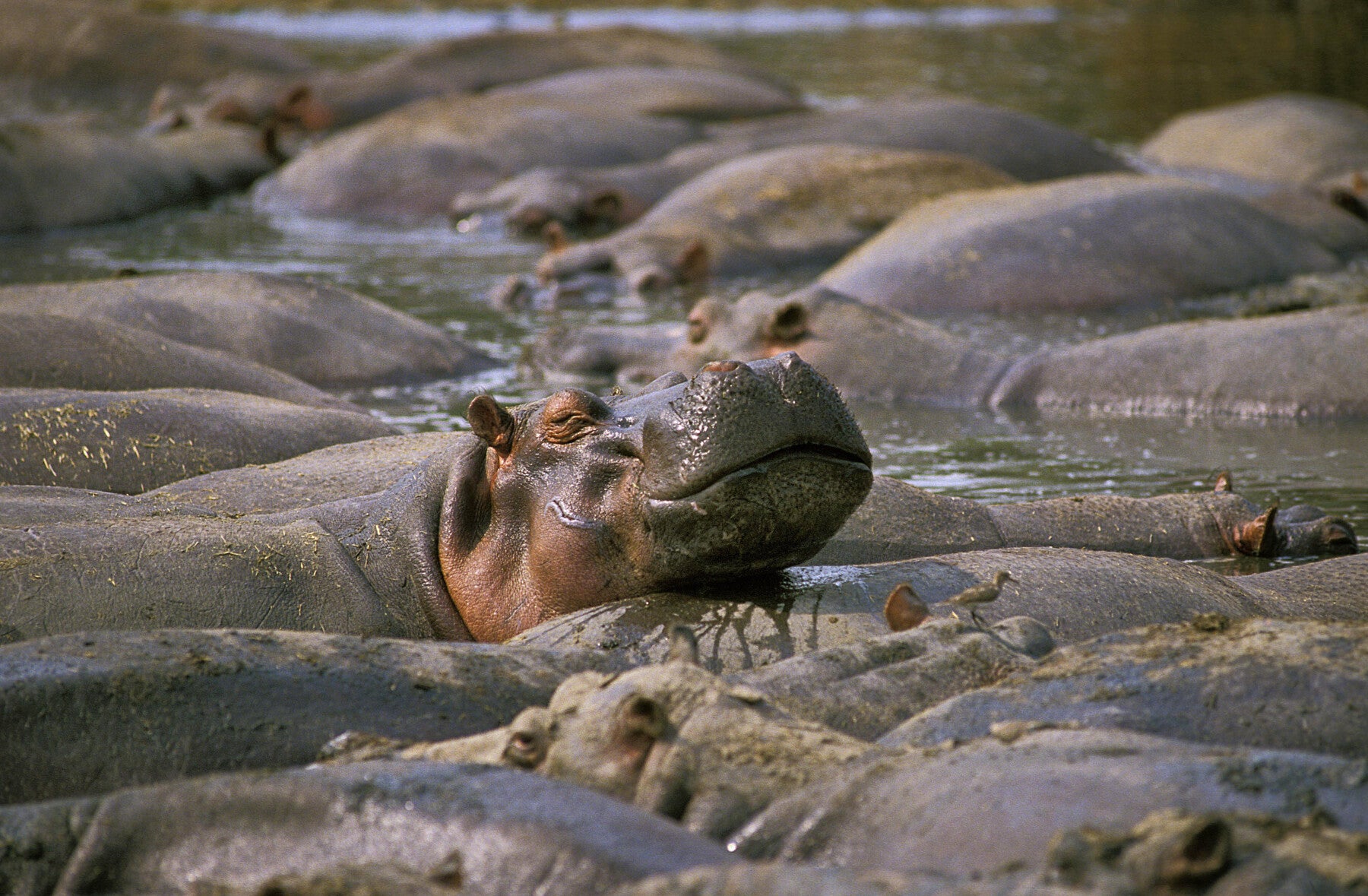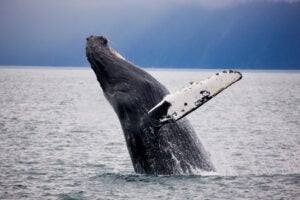
BRUSSELS —The issue of trophy hunting is back on the Italian political agenda with the new presentation by Hon. Michela Vittoria Brambilla of a bill aimed at banning the import, export and re-export, to and from Italy, of hunting trophies obtained from animals who are protected by CITES (the Convention on International Trade in Endangered Species).
A bill on the same issue was presented in 2021 by members of the Five Star Movement, with support from Humane Society International/Europe who is currently leading an EU-wide initiative to ban certain hunting trophy imports and exports to and from Europe. The initiative of Hon. Brambilla—the first to pick up the baton in this struggle—is back on the agenda of this new legislature, despite it often being ignored by politicians. This initiative follows the Parliament resolution calling for an EU-wide ban on the import of hunting trophies of species protected by CITES.
Hon. Brambilla, who served as president of the Parliamentary Intergroup for Animal Rights during the 18th legislature and is still president of the Italian League for the Defense of Animals and the Environment, presented the bill during the first parliamentary session on Oct. 13, 2022.
According to CITES data, in the five-year period from 2014 to 2020, the European Union, the world’s second-largest importer of hunting trophies after the United States, imported more than 20,000 hunting trophies of animals belonging to 79 internationally protected species. Trade data shows that 427 trophies were imported into Italy from animals such as hippos, elephants, lions, leopard, polar bears, and a critically endangered black rhinoceros.
It is still legal to import hunting trophies of protected species, even if they are endangered. This bill to put an end to these imports meets with vast support of the Italian population. Polls show that 86% of Italians surveyed are against trophy hunting of all wild animals and 74% are in favor of banning the import of hunting trophies into Italy. Moreover, the #NotInMyWorld petition launched by HSI/Europe in Italy has already collected more than 42,000 signatures.
Hon. Brambilla, president of the Italian League for the Defense of Animals and the Environment, said: “In Panama from November 14 to 25, 184 CITES member countries will consider 52 proposals to increase or decrease protection measures for 600 species of wild animals and plants. It is essential that Italy plays its part here. At the national level and on its own, our country can already do a lot for threatened species, such as banning the import, export and re-export of hunting trophies from animals like tigers, rhinos and hippos. This practice is largely unknown by Italians, but is not as marginal as one might think. Not only because of the numbers, which are significant in a context of near-extinction of many endangered animal populations, but because of the very nature of trophy hunting, which sacrifices an invaluable heritage to the entertainment of hunters. I will work with the utmost conviction on gathering the broad support in Parliament to this bill.”
Martina Pluda, HSI/Europe’s director for Italy, said: “It is intolerable and irresponsible for our country to still be involved today in this type of colonial practices, which are cruel and threatening the future of so many species. As trophy hunting is a competition, the animals targeted are those who have the most impressive physical characteristics—the thick mane, long tusks and developed horns—of adult individuals in full reproductive age and often holding the functions of guide and protection. Therefore, they are critical to the survival and genetic integrity of that species. A ban on the import, export and re-export of hunting trophies of protected species in multiple EU member states would effectively help stop the killing of these animals. It is time for the Italian government to act responsibly, as other European countries are already doing and as the European Parliament has called for. We thank Congresswoman Brambilla for her political commitment to this cause.”
The opposition to trophy hunting is growing fast and is crystalized in many initiatives in Europe:
- The Belgian Federal Parliament unanimously passed a resolution demanding that the government immediately stop authorizing trophy import permits of species protected under certain international trade regulations.
- This year, in addition to Italy, the governments of Spain and Poland are actively considering policy options to ban the import and export of certain hunting trophies supported by strong public opinion polls; based on a 2021 representative survey, the majority of citizens in each country support a hunting trophy import ban.
- Prior to these developments, the Netherlands and France pioneered this paradigm shift in Europe. In 2015, France implemented a ban on the import of lion-hunting trophies. In the same year, the Dutch government adopted a decision to ban the trophy imports of over 200 species, which was implemented in 2016.
- A recent policy statement signed by approximately 170 conservation and animal protection non-governmental organizations from around the globe is also calling for an urgent end to trophy hunting. Several of these organizations are from key source countries for hunting trophies.
ENDS
Media contact: Adeline Fischer, senior communications manager: +4917631063219; afischer@hsi.org

